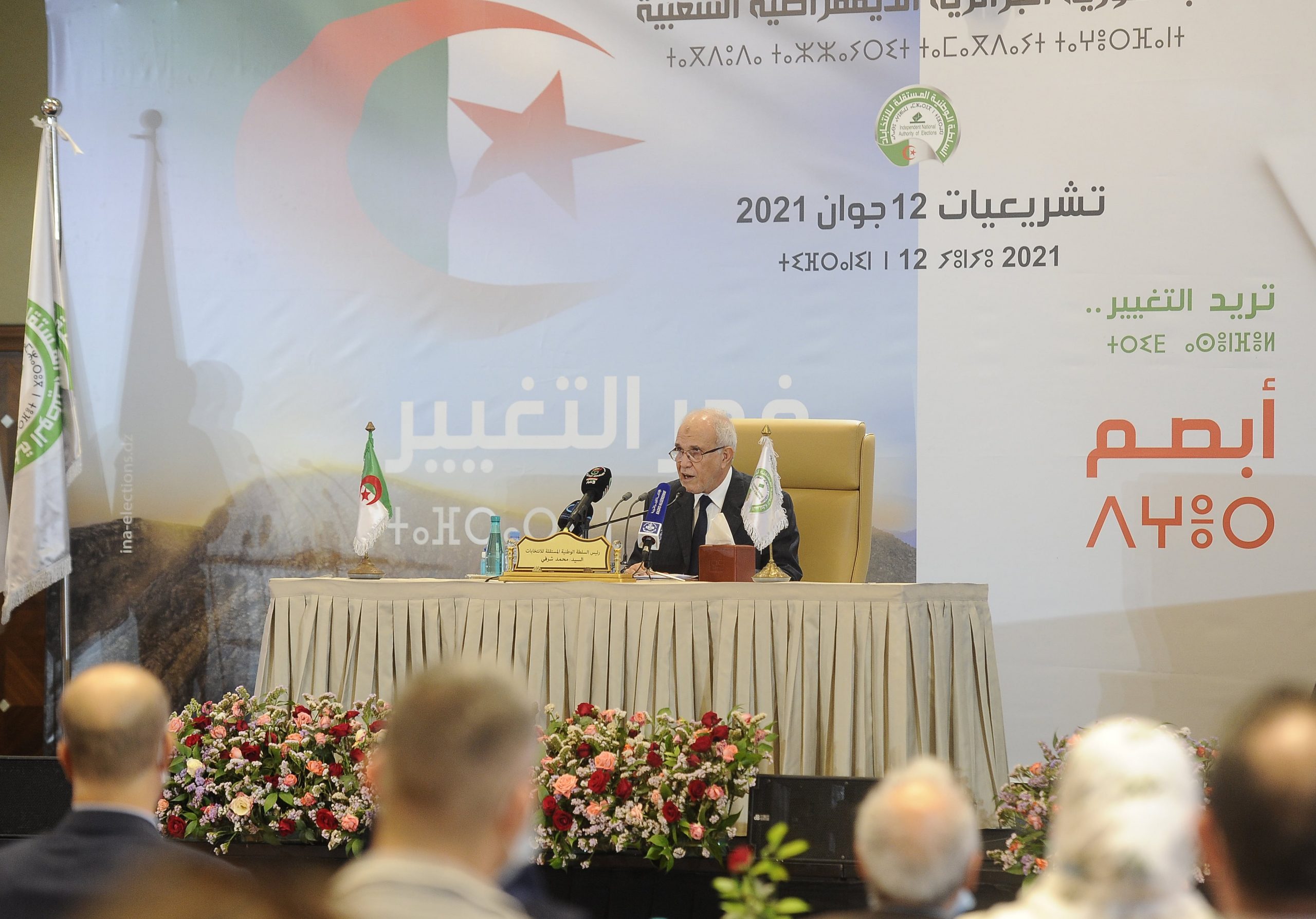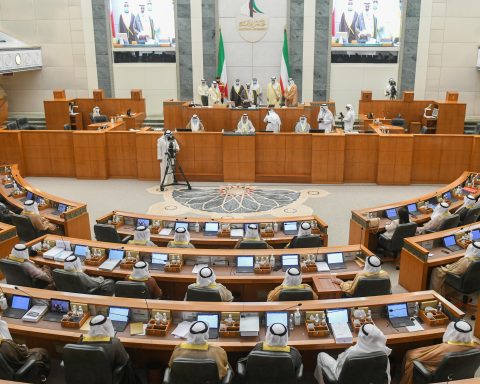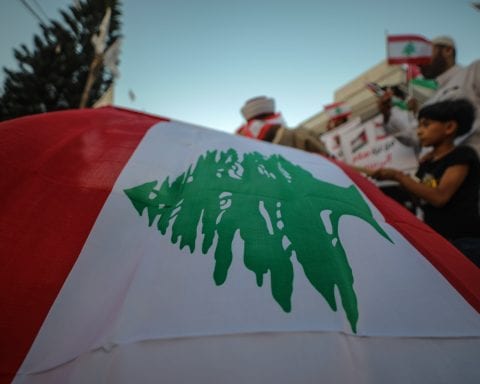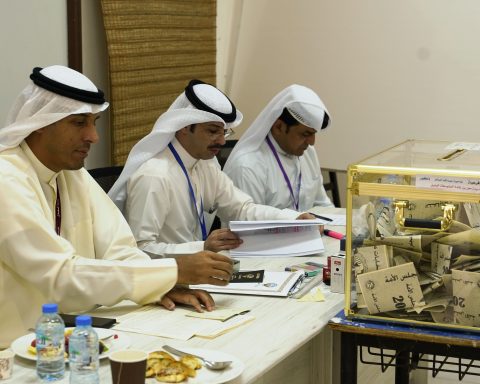In the general elections held on 12 June in Algeria, the National Liberation Front (FLN), one of the “pro-regime” parties of the period of former President Abdelaziz Bouteflika, who had to leave the administration as a result of popular movements in 2019, came first despite losing votes compared to the previous election. While the success achieved by the independents is considered as a “surprise development”, it is also noteworthy that parties with Islamic tendencies increased their votes.
Mohammed Charfi, President of the Independent National Electoral Administration (ANIE), which manages the elections in the country, announced the results of the general elections held on Saturday, June 12, to determine the 407 representatives in the People’s National Assembly, at a press conference yesterday evening.
Charfi said the FLN won the election, winning 105 seats in the Assembly. Stating that the independents won 78 seats, the Islamic-leaning Movement of Society for Peace (MSP) won 64, and the pro-regime Democratic National Rally (RND) party reached 57 seats. Charfi also announced that the Future Party won 48 and the El-Bina Movement obtained 40 seats.
Due to the opposition’s calls for a boycott and the low turnout, which remained at 30 percent, the election results, in general, gave new strength to the pro-regime parties of the Bouteflika period (1999-2019), which had to leave the administration as a result of public demonstrations. Despite the decrease in their representation in the Assembly, these parties still performed strongly contrary to pre-election forecasts.
The FLN, which was expected to disband after public demonstrations due to its support for Bouteflika, finished first with 105 seats. However, although the new administration of the party stated that they parted ways with people who had connections with the previous regime, the number of seats in the parliament decreased despite winning the election. The party had won 161 seats in the 2017 elections. According to the election results, the independents became the second power in the Assembly with 78 seats.
On the other hand, Islamic-leaning parties, which previously had 50 seats in the Assembly, achieved considerable success, winning around 110 seats in total. The Movement of Society for Peace (MSP), the largest Islamic party in the country, won 64 seats, making it one of the parties that gained the most in the election. Although the MSP could not achieve the party administration’s goal of finishing the election in first place, it almost doubled the number of seats from 35 to 64 and achieved significant success.
Before the election, it was evaluated that the number of seats would decrease or the number of seats would be preserved due to the struggle of the MSP with the El-Bina Movement, another Islamic-oriented party founded by those who left the party. The success of the party was also a surprise in this sense. Abdelkader Bengrina’s party, the El-Bina Movement, won 40 seats.
In Algeria, an assembly majority means that the government must have the support of an assembly bloc or alliance of at least 204 deputies because the government needs more than half of the 407 deputies to get a vote of confidence.
Previously, most parties stated that they were willing to stay close to President Abdelmadjid Tebboune and act together, but the President of the MSP, Abderrazak Makri, argued that his party would move towards establishing a consensus government even if it won the majority of the votes in the early elections. Makri explained that he had conditions related to his clear goals for reforms.
Given the composition of the new Assembly, it is predicted that Tebboune will support comfortable options such as forming a government with the support of a coalition that includes the FLN, RND, Future Front, the Al-Bina Movement, and independents.
The other option is to form a government of reconciliation. If the Presidency accepts to join the alliance, a consensus government with broad participation including the MSP can be established.
Before the elections, the President of the MSP, Abderrazak Makri, had said, “As part of our political vision, we call for the establishment of a national unity government, whatever the consequences.” Likewise, Algerian President Abdelmadjid Tebboune had stated that he would take decisions in accordance with democracy regardless of the results on the election day.














